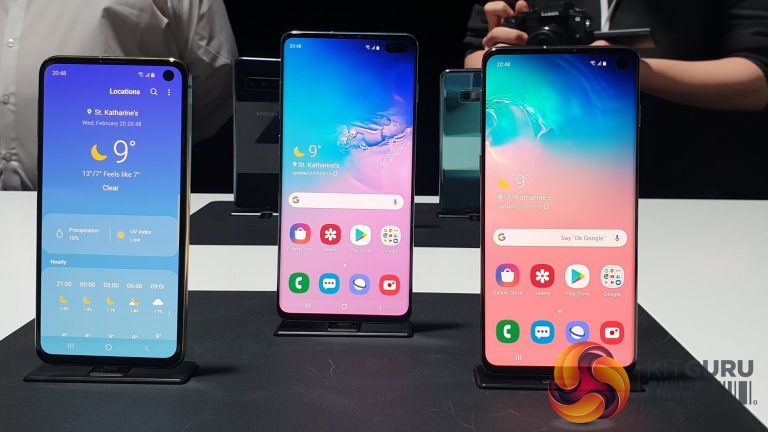Samsung managed to skip over the notched front-facing camera on its smartphones, thanks to the introduction of its Infinity-O screen on last year’s Galaxy A8s sporting a hole-punch cut out. It seems as though the design will be as short lived as possible, as the South Korean company hopes to ditch the Infinity-O within the next two years.
With an impressive 93.1% screen-to-body ratio on the Galaxy S10 series, it’s not surprising that many more manufacturers have expressed their interest in utilising the Infinity-O design. The bezel-less OLED screen has even been seen in patents for Google’s tentatively titled Pixel 4 XL, as the Search giant potentially ditches the monstrous seen on last year’s Google Pixel 3 XL.
Vice President of the R&D group, Yang Byung-duk has stated that the company itself is already looking past the Infinity-O display, Tech Radar reports. The next step is to adopt a full edge-to-edge display that forgoes bezels, notches and hole-punch cut outs in favour of an embedded camera below the OLED panel. The screen itself would be used to carry vibrations, much like in the LG G8 ThinQ smartphone.
Byung-duk revealed that the in-display technology is at least two years away from fruition, if not more. Sadly, this means that we won’t see the screen ready in time for 2020’s Galaxy S11, which will likely launch in the first quarter should Samsung follow its traditional release schedule.
In the meantime, Samsung will be focusing on the release of its Galaxy Note 10 device pegged for release later this year.
KitGuru Says: Personally, a 100% screen-to-body ratio doesn’t sound appealing to me. I have enough trouble with the Edge displays and their reaction to holding the phone. Would you like to see bezel-less smartphones in the next two years?
 KitGuru KitGuru.net – Tech News | Hardware News | Hardware Reviews | IOS | Mobile | Gaming | Graphics Cards
KitGuru KitGuru.net – Tech News | Hardware News | Hardware Reviews | IOS | Mobile | Gaming | Graphics Cards



